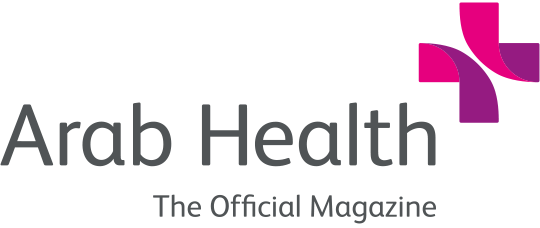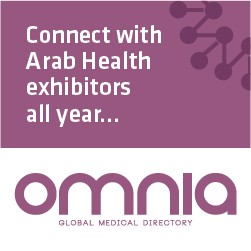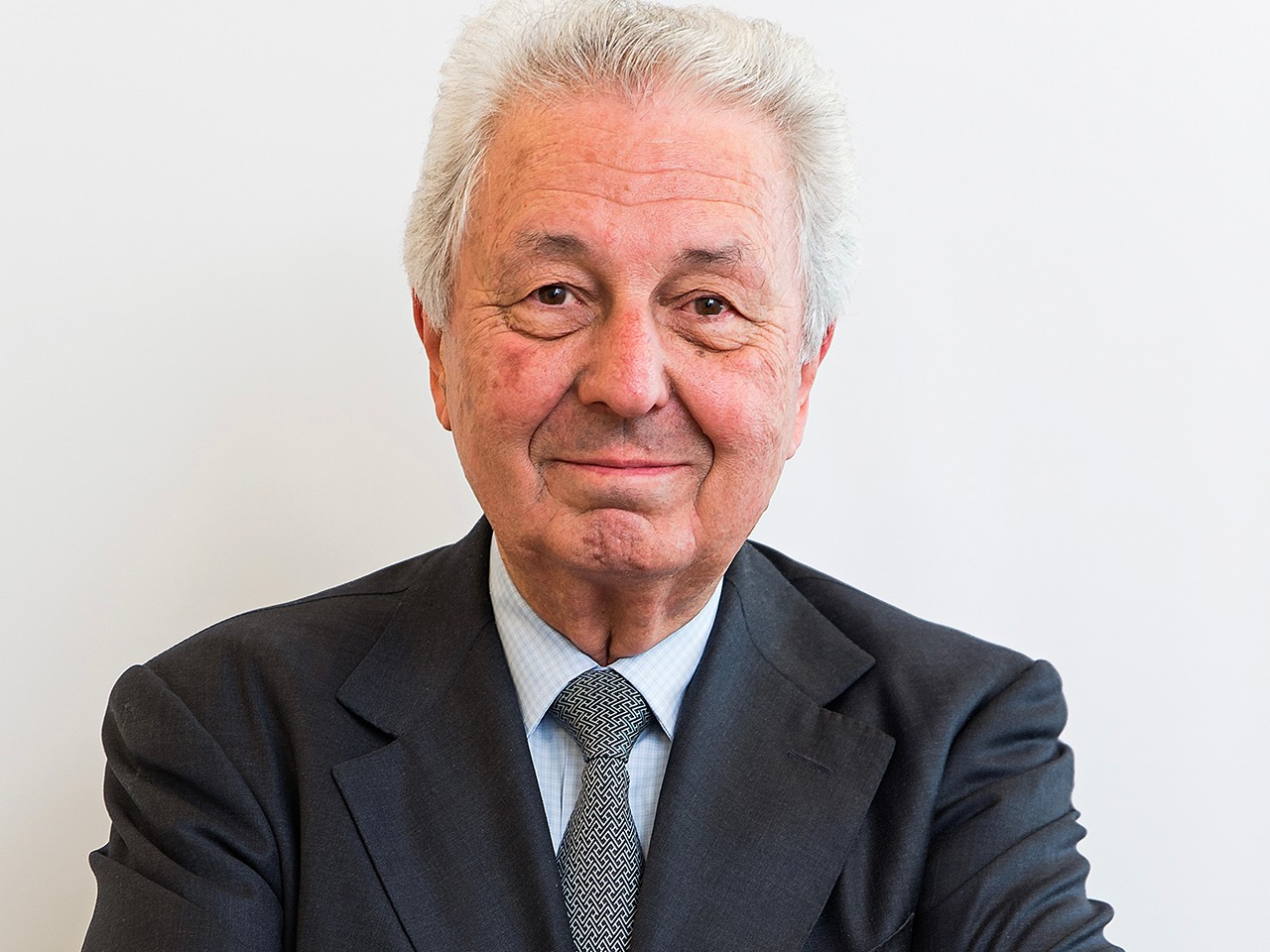Opening doors and possibilities for cooperation
UniSR’s President and CEO shed light on the latest developments and future plans
Over the years, University of San Raffaele (UniSR) has built strong relations with other centres of research, from all over Europe and the United States. With a training centre to be launched soon in Dubai, UniSR is expanding its portfolio to the Middle East and is thereby hoping to tap into the African and Asian markets as well.
Professor Roberto Mazzota, President, UniSR, says that GSD’s focus is on providing excellence for three key objectives – hospitality, healthcare, and university and research, in Italy as well as in Dubai.
Mazzota has been working with UniSR for six years and was initially responsible for aligning the vision of GSD’s old property with the new ventures. He says, “My work is that of a banker, but I love and respect medicine. The fact that today there is great synergy everywhere in the Group makes me feel I have done a successful job. The university has always had a strong roster of professors and constantly strives to make the students happy.”
UniSR has a strong foundation and works towards building a good relationship between students and teachers. It is currently studying the possibility of putting together a new international faculty, as well as preparing the existing faculty with skills they would require in other countries. The university’s eventual aim is to bridge the gap between Italy and the rest of the world.
According to Mazzota, “An advantage we possess is that there is integration between our university and hospital, which can open doors for students. For instance, right from the first year at the university, students start going to the hospital, and receive hands-on training with doctors in the medical, clinical and surgical fields.”
UniSr is also a renowned research institution, and to attract more international patients, work is currently in progress to cut down the VAT charged to these patients, explains Mazzota. UniSR is also working with the Ministry of Foreign Affairs to get dedicated visas for medical tourists to enable them to access world-class treatment easily.
According to Mazzota, more than 30 per cent of UniSR’s patients come from southern Italy, both for simple health issues and for more complicated surgeries. “We are looking to maintain strong relations with new countries and engage with them collectively as we believe that the future lies in cooperation,” he concludes.
Multi-disciplinary approach
UniSR has set its sights on going international and to transfer its knowledge to the rest of the world. Reiterating this fact is Elena Bottinelli, UniSR’s CEO, a bio-engineer by qualification, who has always been passionate about the health business.
“I used to work with international companies in the orthopaedic businesses, introducing new products in the Italian system,” she says. “When GSD bought IRCCS Galeazzi Orthopedic Institute in Milan in 2000, I was brought in to renew it and give it a new perspective.”
Bottinelli transformed IRCCS Galeazzi Orthopedic Institute into a world-leading research centre. She was appointed the CEO of UniSR in September last year and has been instrumental in replicating the good practices from the institute to the university hospital.
She believes that there are certain elements from UniSR that can be transferred to an international audience. For example, she says, “the Oncology department not only provides treatments but also offers different therapies. We are also great in cardiovascular and have great expertise in dealing with patients who are waiting for transplantation. Neuroscience is another area of importance. I believe the interesting thing about UniSR is its multi-disciplinarity, so every time you speak about a special discipline, you have to view it from different perspectives.”
Bottinelli is extremely confident in the ability of UniSR to transfer its knowledge effectively to the upcoming training centre in Dubai. She elaborates that there are two areas of international knowledge transfer – one is imparting knowledge to the faculty through training, and the second is patient care.
“We recently had a visit from the UK’s NHS, who were keen on understanding our capabilities of providing a multi-disciplinary and multi-language setting for patients with rare diseases,” she says. “We were able to amply demonstrate both our medical skills and our expertise in providing a competent support structure including language skills of our staff.”
The patient journey needs to tick all the boxes when it comes quality and efficiency, and it is important for UniSR to be compliant with international practices, emphasises Bottinelli. An upcoming new building offering comfortable accommodations for international patients will also be up-to-date with technological advancements. Teleconference services will be provided to enable patients stay in constant touch with the physicians.
According to Bottinelli, “We are also focusing on artificial intelligence and we are teaching the machine what to do through our skilled surgeons, so that it can be reproduced by the machine.”
“We have a strong team of managers in the Middle East, but we want to constantly improve ourselves and learn if we can handle people in better ways,” she adds. “I think this is our opportunity for the future, which must be grasped in the right way.”



